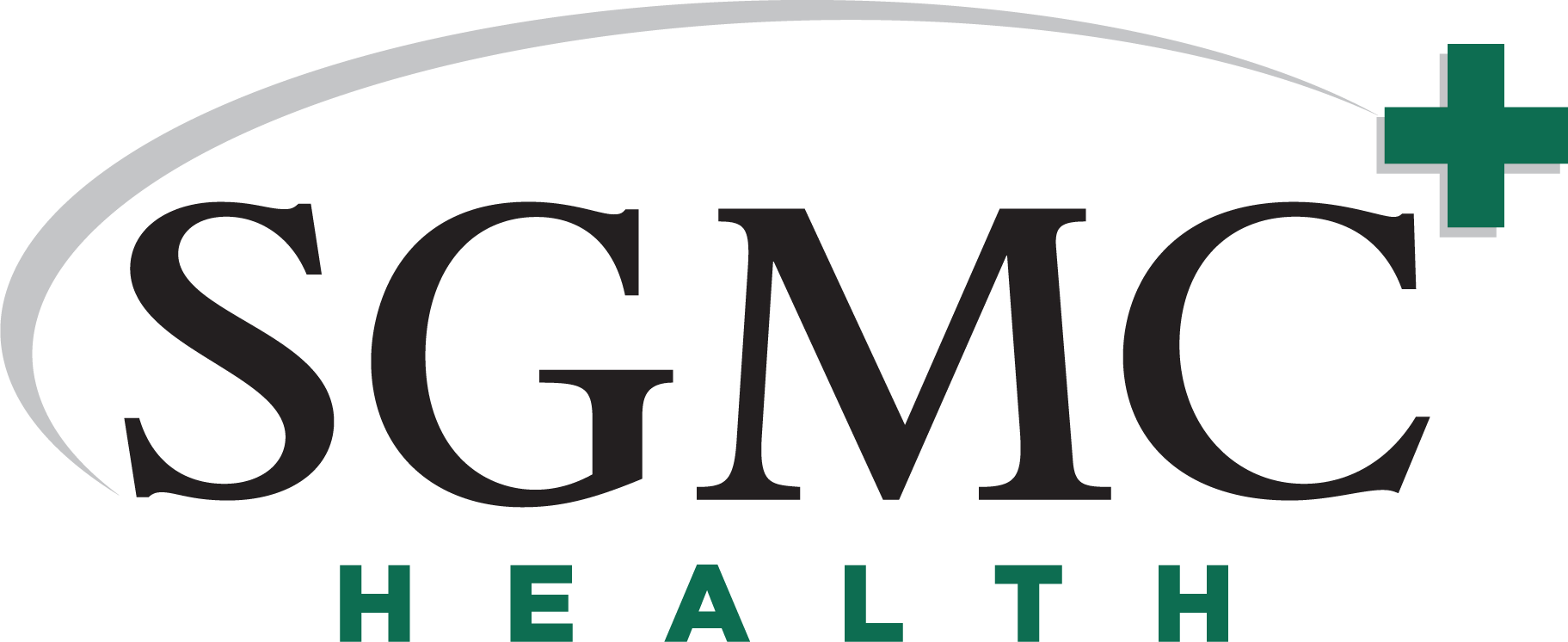Internal Medicine and Transitional Year Residency Programs
Residents must, without an intermediary, be able to:
- Take a history and perform a physical examination of patients.
- Communicate with patients and staff, verbally and otherwise in a manner that exhibits good professional judgment and is appropriate for the professional setting.
- Read charts, monitors, and other sources of clinical information.
- Complete appropriate medical records and documents and plans according to protocol and in a complete and timely manner.
- Possess sufficient sensory and motor function to elicit information from patients by palpation, auscultation, percussion and other diagnostic maneuvers.
- Be able to execute motor movements reasonably required to provide general care and emergency treatment to patients.
- Perform all job functions while dressed in protective clothing required for clinical duties, including tolerating a mask, gown, and gloves.
- Move throughout the Medical Center to address routine and emergent patient care issues and to attend required educational programs.
- Work shifts of varying lengths and intensity including day, evening, overnight, and 24 hour shifts.
- Provide care at all clinical sites, within SGMC system and all affiliated community sites.
- Utilize a computer for medical record review, documentation, decision support, research, and education in an efficient and timely fashion.
- Possess the emotional health required for full use of their intellectual abilities, the exercise of good judgment and the prompt completion of all responsibilities attendant to the diagnosis and care of patients.
- Have the emotional maturity to self-assess, know own limitations and seek advice or counseling in situations that might impair own learning or performance in the care of patients, and to proactively seek appropriate treatment including leaves of absence.
